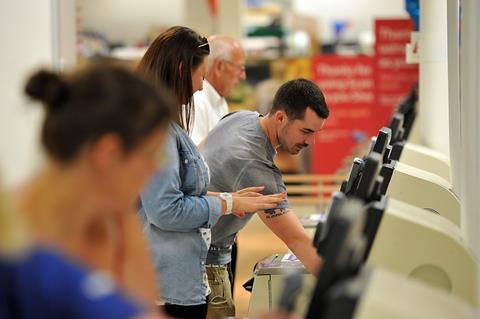
Top story
Supermarket sales rose by their highest level for over a year in the most recent 12-week period as a new inflationary high boosted sector revenues.
Kantar found that take-home supermarket sales rose by 2.2% in the 12 weeks to 7 August, which represents the fastest growth the industry has seen since April 2021 as the market continues its post-pandemic recovery.
The overall sales rise come as grocery price inflation hit 11.6% over the past four weeks, which is the highest level since Kantar first started tracking the data in 2008.
This rise means that the average annual shop is set to rise by £533, or £10.25 every week, if consumers buy the same products as they did last year, with products like butter, milk and poultry in particular seeing some of the biggest jumps.
Soaring prices have seen own-label ranges reach record levels of popularity, with sales rising by 7.3% and holding 51.6% of the market compared with branded products, the biggest share Kantar has recorded.
Lidl remains the fastest growing grocer, with sales up by 17.9% over the latest 12 weeks, raising its market share to 7%. Aldi also performed strongly, and its market share increased by 0.9 percentage points to 9.1%.
Asda returned to growth this period with its sales rising by 0.2% to take its market share to 13.9%. Meanwhile Tesco’s sales also increased by 1% and it has 26.9% of the market. Sainsbury’s and Morrisons shares stand at 14.8% and 9.3% respectively, while Waitrose holds 4.6% of the market.
Overall annual footfall has continued to pick up in store while online shopping has declined.
Shoppers have made the most trips into store since March 2020, while online grocery’s total share dropped to 11.8% - falling below 12% for the first time since the early days of the pandemic in May 2020.
However, Ocado bucked the overall online sales decline, growing by 6.2% as it attracted new shoppers outside its traditional demographic.
Fraser McKevitt, head of retail and consumer insight at Katnar, commented: “With inflation high and a potential recession later this year, comparisons against the last financial crisis are becoming visible.
“People are shopping around between the retailers to find the best value products, but back in 2008 there was much more of a reliance on promotions. It’s harder to hunt out these deals in 2022 – the number of products sold on promotion is at 24.7% for the four weeks to 7 August 2022, while 14 years ago it was at 30%.
“Instead, supermarkets are currently pointing shoppers towards their everyday low prices, value-ranges and price matches instead.
“Over the past month we’ve really seen retailers expand and advertise their own value ranges across the store to reflect demand. Consumers are welcoming the different choices and options being made available to them on the shelves, with sales of own-label value products increasing by 19.7% this month.”
Morning update
On the markets this morning, the FTSE 100 is up 0.3% to 7,534.9pts.
Risers so far include Science in Sport, up 4.8% to 33p, Devro, up 2.8% to 199.2p and McBride, up 2.7% to 20p.
Fallers include Hotel Chocolat, down 0.7% to 145p, Premier Foods, down 0.7% to 115.8p and Greencore, down 0.6% to 100.25p.
Yesterday in the City
The FTSE `100 ended yesterday up 0.1% to 7,509.1pts.
The day’s risers included Pets at Home, up 3.7% to 365.8p, Glanbia, up 2% to €11.55, Devro, up 2% to 193.8p, WH Smith, up 2% to 1,518.5p, Ocado, up 1.8% to 944.8p, Coca-Cola Europacific Partners, up 1.7% to €53.70 and B&M European Value Retail, up 1.6% to 419.1p.
Fallers included THG, down 2.9% to 67.5p, McBride, down 2.5% to 19.5p, Naked Wines, down 2.5% to 153.6p, Haleon, down 1.8% to 266.7p, Nichols, down 1.3% to 1,142.5p and C&C Group, down 1.1% to 192.5p.







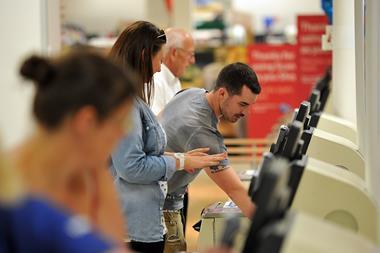
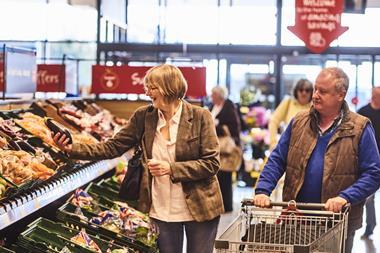
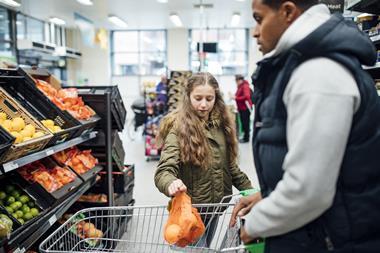
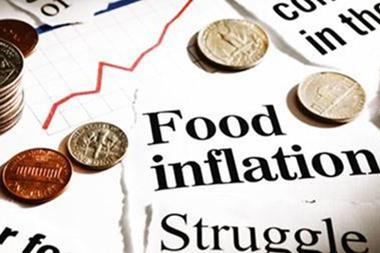
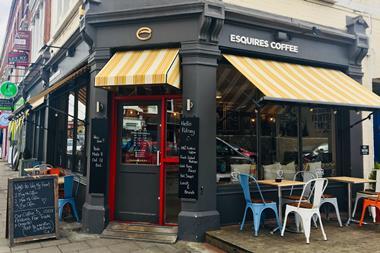
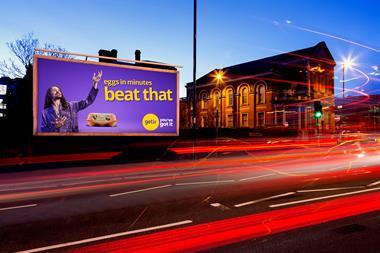






No comments yet